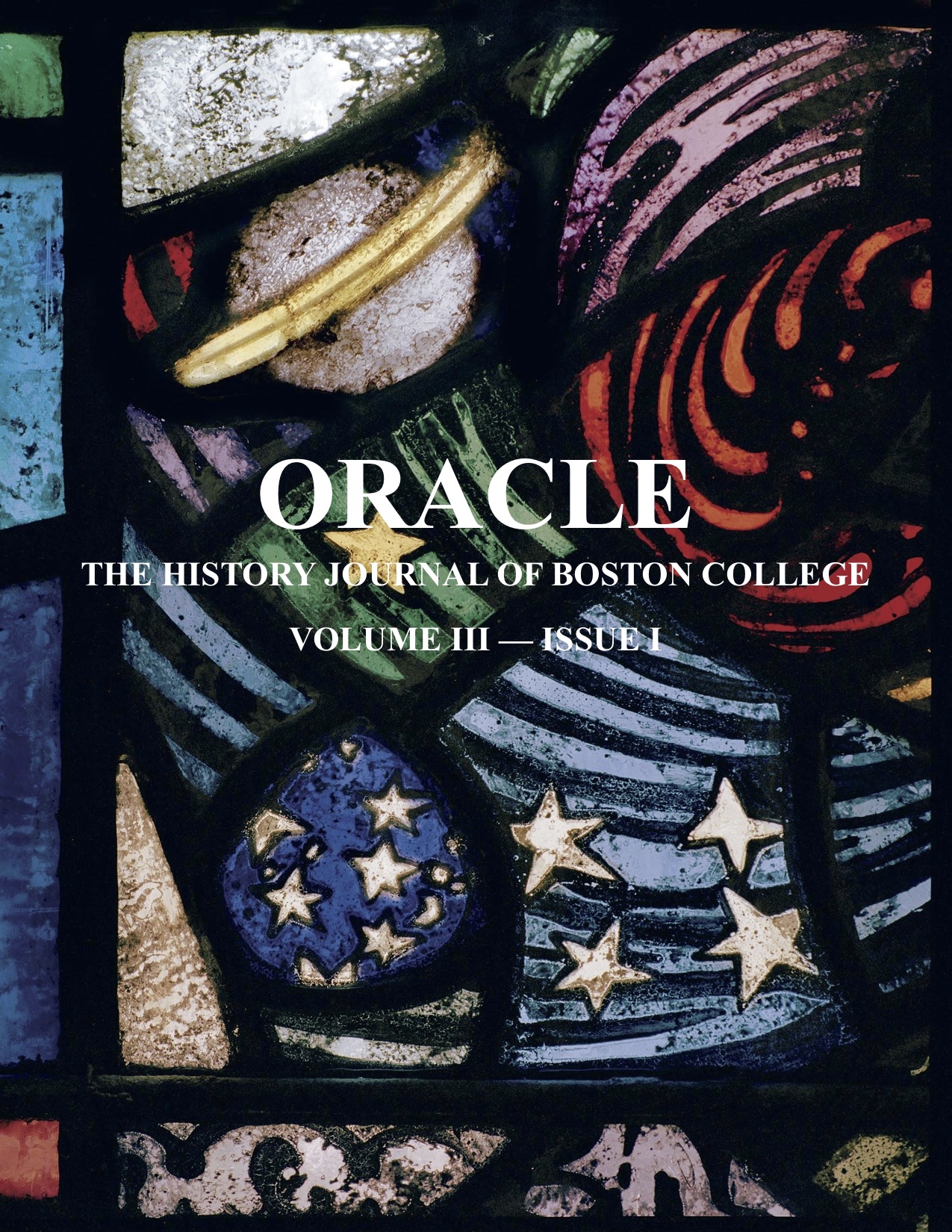Pandemic Revelations
How New Zealand Learned from its 1918 Shortfalls to Adapt to COVID-19
Keywords:
Covid-19, 1918 Influenza, Spanish Flu, New Zealand, Pandemic preparednessAbstract
The onset of the 1918 ‘Spanish’ Flu epidemic in New Zealand was rife with political and social controversy. Political contenders, including then Prime Minister William Ferguson Massey faced an onslaught of misinformation about the spread of the disease, and public health officials were all but helpless in their attempts to stop the virus’ diffusion across the nation. The native Maori population died at seven times the rate of the white, Pakeha population. Treatments were few in number, dangerous, and caused widespread distrust in the medical establishment. For all intents and purposes, New Zealand’s handling of the 1918 epidemic could be considered a notable failure.
This is not the narrative we have heard about New Zealand in regards to COVID-19, however. Rather, New Zealand was the world's role model for COVID policy implementation for a duration of the pandemic. While some nations imposed even tighter restrictions, in the Summer of 2020, New Zealand declared the virus to be (temporarily) eliminated thanks to their swift action. Life remained limited, but relatively normal. Clearly, policies, sentiments, and motivations that drive public health must have shifted.
In this essay, I seek to discuss how New Zealand took its memory of the 1918 pandemic and learned from it to hone its plan of action against COVID-19, addressing how medical leadership plays a key role in establishing an enthusiastic and motivated populace and how recollections of past failings have shaped New Zealand's largely successful campaign against COVID-19 today.


